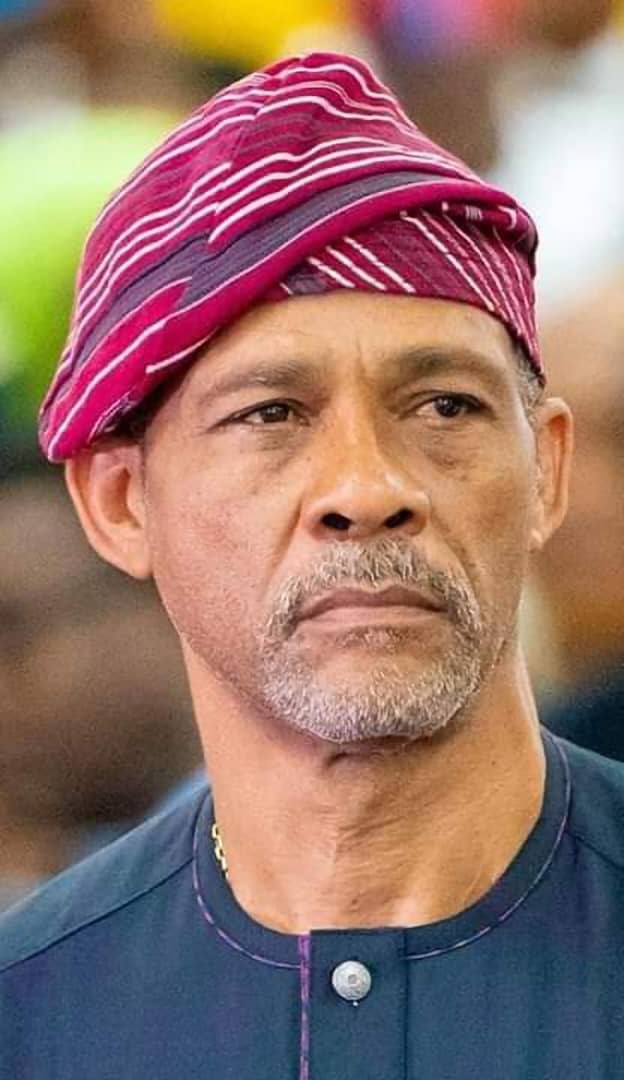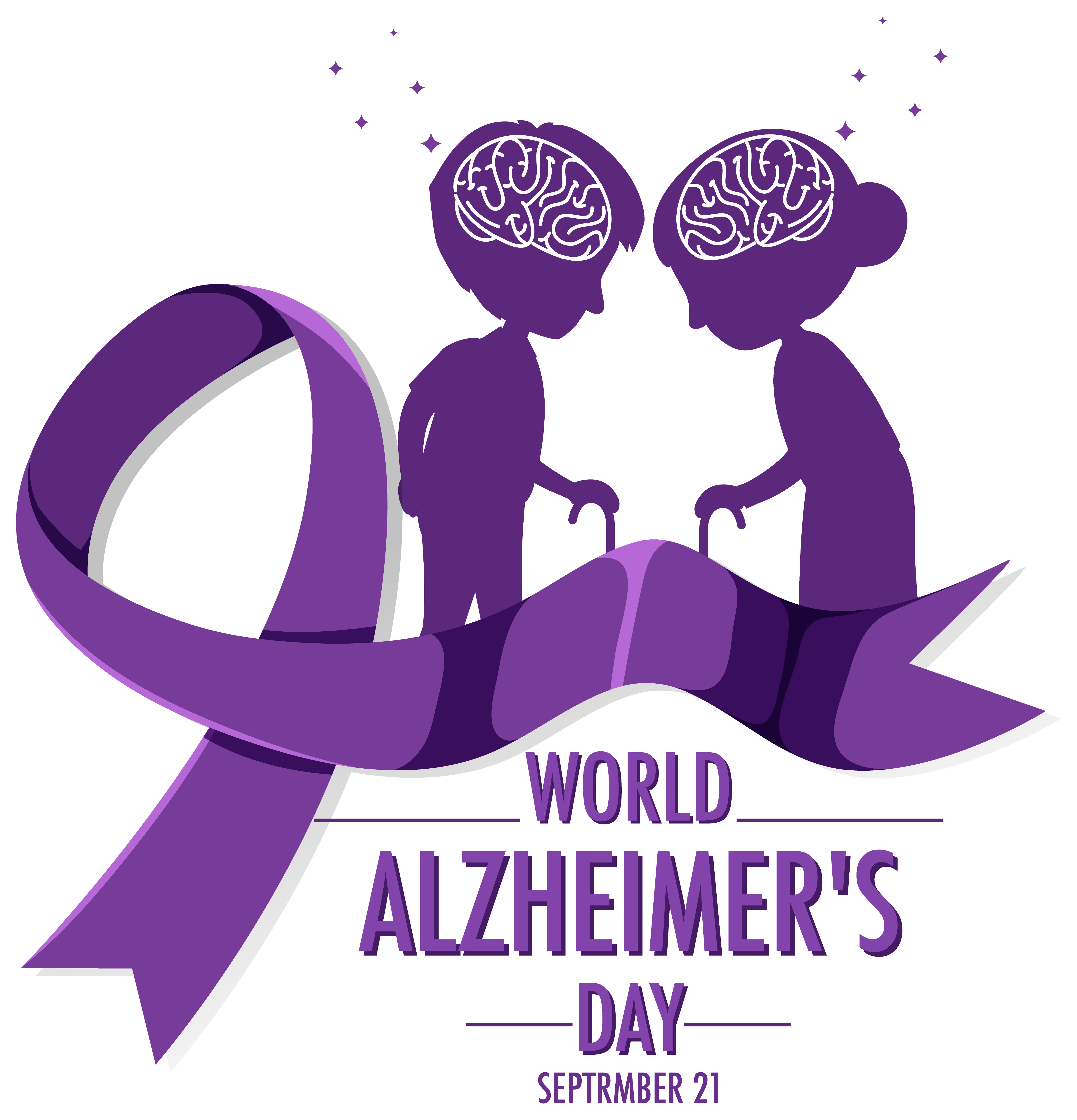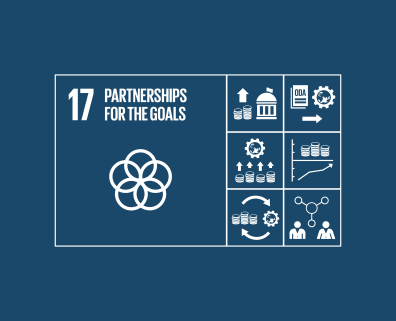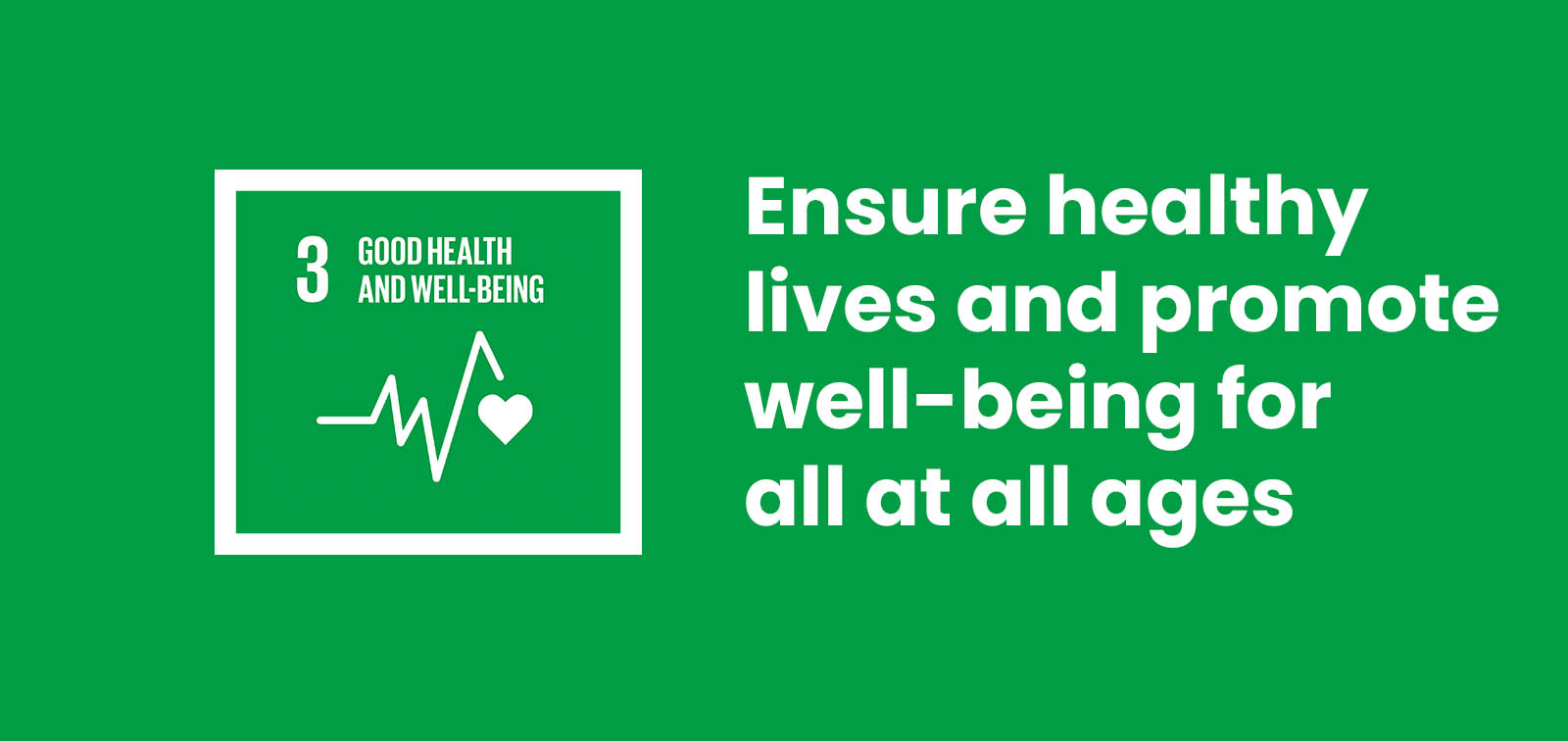BLOG POST
SEPTEMBER IS WORLD ALZHEIMER’S MONTH
SEPTEMBER 21 IS WORLD ALZHEIMER’S DAY
World Alzheimer's Day: Interview with The Professor Akin Abayomi, The Honourable Commissioner for Health, Lagos State

Why is it important for Lagosians/Nigerians to know about Alzheimer’s disease?
Alzheimer's disease is a progressive neurodegenerative disease that causes the death of nerve cells in the brain. It is the most common form of dementia, that typically affects people over the age of 65, but it can also occur in younger people. There are an estimated 2.5 million people in Nigeria living with Alzheimer's disease and other dementias, a number that is expected to rise to 5 million by 2050. This makes it important for all Nigerians to be aware of the disease, its symptoms, and its impact on individuals and families. It is imperative for Lagosians and Nigerians to be well-informed about Alzheimer's disease because this knowledge empowers individuals and communities to recognize its early signs and symptoms. Early detection allows for timely medical intervention, which can significantly improve the management of the disease and enhance the overall quality of life for affected individuals. Additionally, raising awareness about Alzheimer's disease can help reduce the stigma associated with it, fostering a more supportive and inclusive society for those living with the condition and their caregivers.
Key Points:
- Awareness leads to early detection and better care.
- This improves the quality of life for patients and reducing the burden on families and healthcare systems.
What do you think are the drivers for the low awareness of Alzheimer’s disease in Nigeria?
The low awareness of Alzheimer's disease in Nigeria can be attributed to several factors. First and foremost is the limited availability of comprehensive information about the disease within the country. Public education and awareness campaigns specifically targeting Alzheimer's are not as common as they should be. Moreover, the cultural stigma surrounding mental health issues in many Nigerian communities can lead to silence and secrecy surrounding Alzheimer's cases. This lack of openness makes it challenging for individuals and families to seek help or share their experiences. Additionally, there is a shortage of healthcare infrastructure and resources dedicated to Alzheimer's awareness and support in Nigeria, further contributing to the low level of awareness. In addition to these general drivers, there are also some specific factors that contribute to the low awareness of Alzheimer's disease in Nigeria. For example, the country has a relatively young population, with a median age of just 18 years old. This means that Alzheimer's disease is not yet seen as a major public health challenge.

Despite these challenges, there is a growing movement to raise awareness of Alzheimer's disease in Nigeria. For example, organizations like GWAF are working to educate the public about the disease and provide support to people with Alzheimer's disease and their families. This is a step in the right direction.
Key Points:
- Low awareness of Alzheimer's in Nigeria may be due to:
- Limited education and information dissemination
- Cultural stigmas around mental health issues
- Limited public health campaigns.
What are the best public health approaches to combating the stigma associated with Alzheimer’s disease?
Effective public health approaches to combating the stigma associated with Alzheimer's disease are multifaceted. Firstly, educational campaigns should be designed and implemented to inform the public about the disease, its symptoms, and the available support services. These campaigns should focus on dispelling myths and misconceptions surrounding Alzheimer's. Secondly, community-based programs and support groups can create safe spaces for individuals and families affected by Alzheimer's to share their experiences and seek emotional support. Thirdly, involving healthcare professionals and encouraging open dialogue in healthcare settings can help reduce stigma and ensure that individuals receive appropriate care and support without discrimination.
Key Points:
- The best public health approaches to combating Alzheimer's stigma involve:
- Education
- Community support
- Reducing misconceptions through awareness campaigns, support groups, and involving healthcare professionals.

What resources are the Lagos State government currently committing to addressing the rising rates of Alzheimer’s disease at the moment ?
The resources committed by the Lagos State government to address the rising rates of Alzheimer's disease vary, but the State’s approach incorporates investment in research, healthcare infrastructure, and awareness campaigns. This includes identifying funding opportunities for research studies on Alzheimer's prevalence and risk factors in the local population. As part of our expanding health strategies is the development of specialized Alzheimer's care facilities and clinics.

The government also plans to support Non-Profits and NGOs to initiate and sustain public awareness campaigns to educate Lagosians about Alzheimer's, its early signs, and the importance of seeking medical assistance.
Key Points:
- Identify and allocate resources to Alzheimer's research, including prevalence and risk factors in local population.
- Drive awareness campaigns.
- Create Specialized care facilities to address rising rates.
A new Alzheimer’s disease drug called Lecanemab was approved by the US Food and Drug Administration on 6 July 2023 following a research study that shows a significant clinical benefit among people with early-phase Alzheimer’s disease. However, the drug is very expensive (26 Thousand US Dollars for a full course of drug treatment per patient per year), limited, and inaccessible to most patients in the US without health insurance. Are there steps the government can take to help make this drug available in Lagos?
Lecanemab is a monoclonal antibody that targets amyloid beta, a protein that is thought to play a role in the development of Alzheimer's disease. Although the drug was approved by the US FDA it has not yet been approved by the National Agency for Food and Drug Administration and Control (NAFDAC), the regulatory body for drugs and medical devices in Nigeria. The first step towards making the drug available in Lagos, is to go through NAFDAC. There are a number of steps that need to be taken before a new drug can be approved for use in Nigeria. These steps include:
- The drug manufacturer must submit an application to NAFDAC.
- NAFDAC will then review the application to assess the safety and efficacy of the drug.
- If NAFDAC is satisfied with the application, it will approve the drug for use in Nigeria.
We must also consider that access to expensive Alzheimer's drugs like Lecanemab can be a significant challenge. To make such drugs available in Lagos, the government can explore various strategies. These may include negotiations with pharmaceutical companies to reduce the cost of these drugs, which can be particularly effective when done in collaboration with other regions or countries to leverage bulk purchasing power. Additionally, the government can consider establishing subsidies or financial assistance programs for patients who cannot afford the full cost of treatment. Integrating such treatments into public healthcare coverage or insurance plans can also help bridge the affordability gap and ensure that these drugs are accessible to those who need them most. Finally, promoting local research and development in healthcare can potentially lead to more affordable treatment options for Alzheimer's disease in the long term.

Making Lecanemab available in Nigeria would be a significant step forward in the fight against Alzheimer's disease. The drug has been shown to slow the progression of the disease, which can improve the quality of life for patients and their families. Therefore, it is a path worthy exploring.
Key Points:
To make drugs like Lecanemab accessible in Lagos, the government could explore:
- Partnerships with pharmaceutical companies for price negotiations leveraging on bulk purchasing power
- Establish subsidies for underprivileged patients.
- Strengthen healthcare coverage to include these costly treatments in insurance plans

